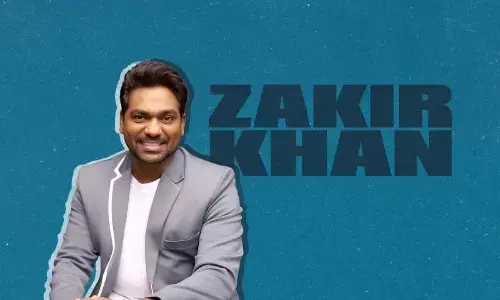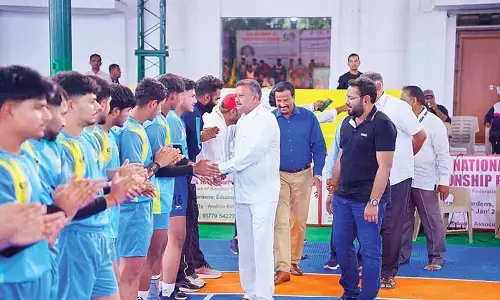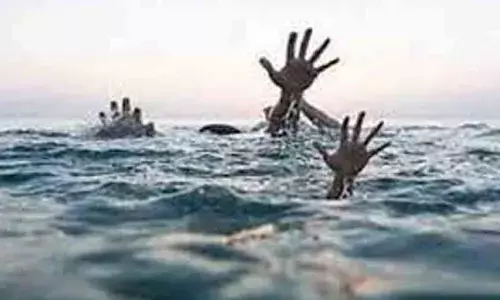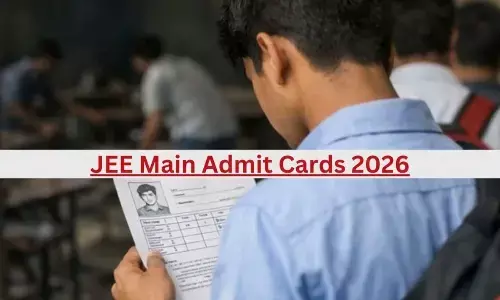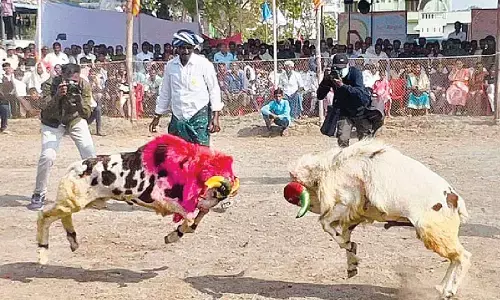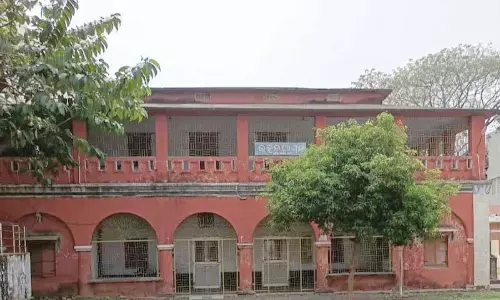Tragedies recur as public memory is short
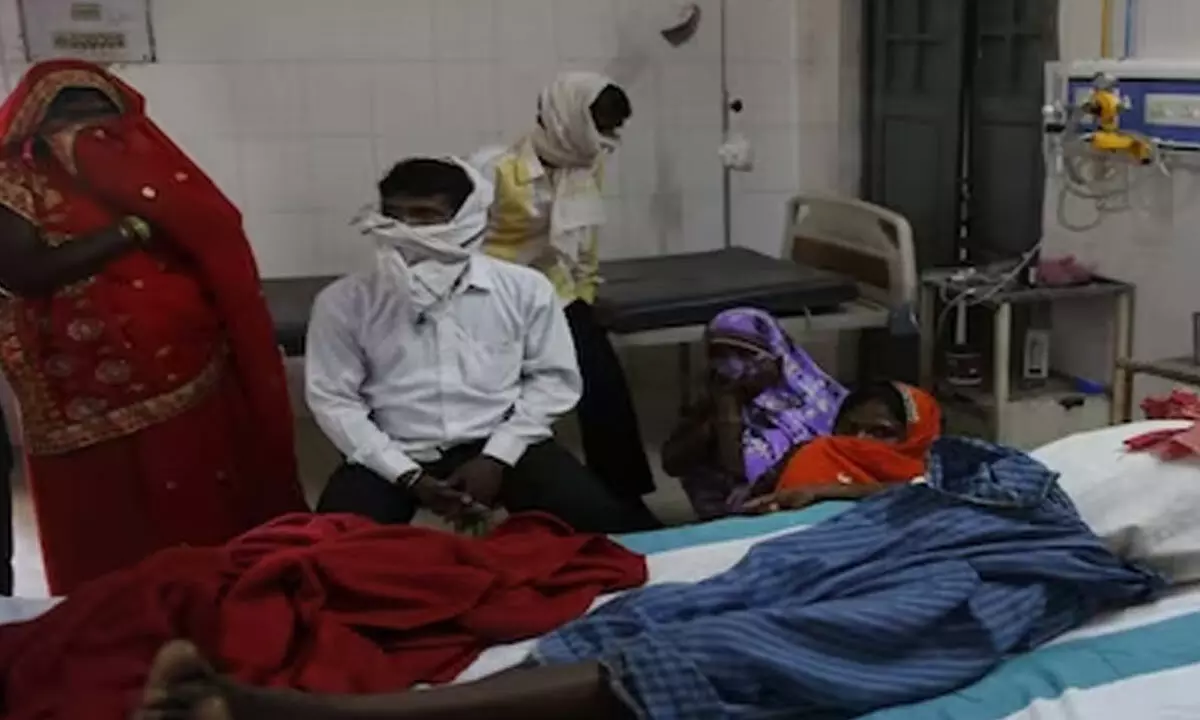
Tragedies recur as public memory is short
Asim Dev Sharma’s story should have prompted the nation into action with everyone condemning the tragedy that befell his family.
Asim Dev Sharma’s story should have prompted the nation into action with everyone condemning the tragedy that befell his family. It should have moved the nation’s consciousness as this is not just any other ordinary case of negligence.
Asim Dev Sharma belongs to Kaliaaganj of North Dinajpur in West Bengal. He is a migrant labour with twins. His children fell ill and Asim Dev had taken them to Kaliaaganj government hospital. Having noticed a deterioration in the health of the kids, the authorities directed him to shift the children to North Bengal Medical College Hospital at Siliguri and he followed suit. One of the children’s health improved and his wife took the child back home while the other one died later in the hospital.
The death of the child was the beginning of the apathy and greed of the authorities and operators of the ambulance service who were running a transport racket from the hospital premises. The ambulance operators demanded Rs 8,000 to reach the body home but he did not have any money left with him, having already spent the borrowed amount of Rs 16,000 on the treatment at the free government hospitals that had ‘Swasthya Saathi health cover” of the State government under the golden rule of Mamata Banerjee.
Asim Sharma was afraid that he would not be allowed to transport the body back and, hence, hid it in a luggage bag and got into a bus and traveled 200 km and more to reach home. Does the story sound familiar? Well, this happens often in India where we see hapless parents transporting bodies on carts and cycles. Husbands carry the bodies of their wives on their shoulders and mothers’ bodies in their hands because the hospitals don’t arrange ambulances. This is the case all over the country.
When the social media highlights, the first reaction of the governments and officials is always one of politicising the issue. They immediately blame the Opposition. Next, maybe an ‘inquiry’ is ordered and a lowly functionary of the hospital is fixed only to be taken back when the world forgets the story or is too busy to get back to it. There are also instances when the authorities blame the victims for displaying ‘undue haste’ in taking back the bodies. Does anyone explain what is ‘undue’ about the haste of a parent or that of the kin in taking the bodies away through available means at the earliest to perform the last rights?
Whenever an injustice is done wherever, this is the only way we react. Take the ‘Nirbhaya’ case. Angry citizens mounted pressure on the government through their long resistance and vigil forcing the authorities to act to some extent at least. But, once it was done, ‘the ‘Nirbhayas’ were forgotten. ‘Chalta hain’ or ‘Koyi Baat Nahin’ attitude takes over our conscience and we relax. Maybe a year later or so when the media highlights one more such issue, again we get back to the next ‘Act’ as if the second part of a film. As long as pro-people concerns remain in the manifestos, as long as when they are just launched for publicity sake and as long as the public eye fills with some other issue faster, nothing matters to the deprived sections.








